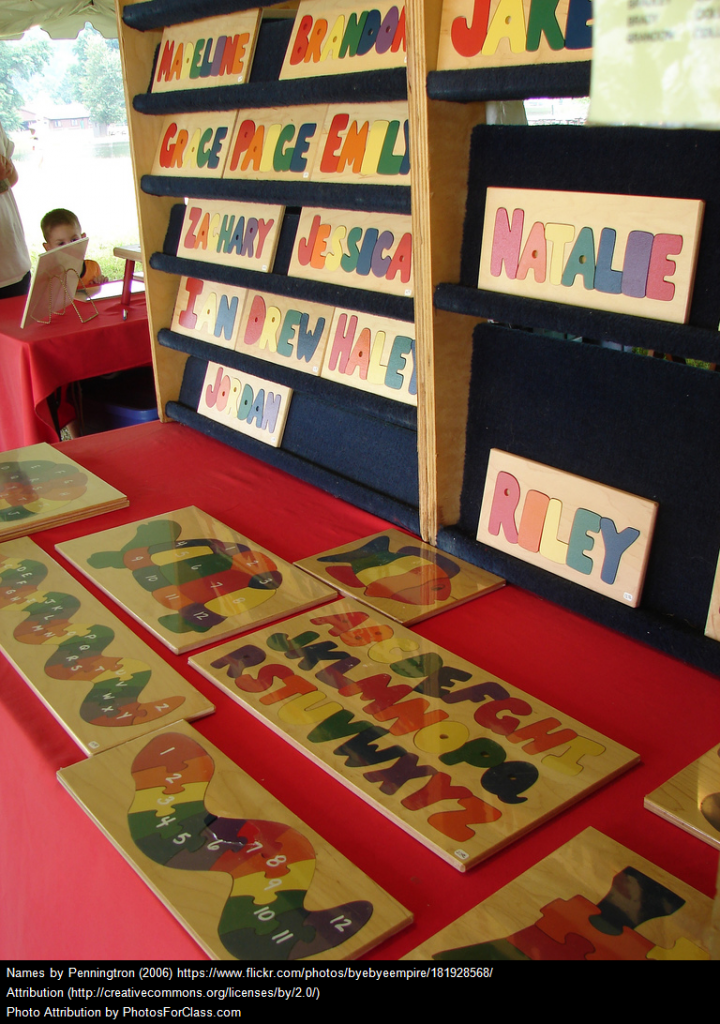In February, this blog will be celebrating its ten-year anniversary! Leading up to it, I’m re-starting a series I tried to do in the past called “A Look Back.” Each week, I’ll be re-posting a few of my favorite posts from the past ten years.
You might also be interested in:
A Look Back: Best Posts From 2007 To 2009
A Look Back: 2010’s Best Posts From This Blog
A Look Back: 2011’s Best Posts From This Blog
A Look Back: 2012’s Best Posts From This Blog
A Look Back: 2013’s Best Posts From This Blog
A Look Back: 2014’s Best Posts From This Blog
A Look Back: 2015’s Best Posts From This Blog
This post originally appeared in 2016:
I’m a big advocate of teachers making a point to pronounce student names correctly (see The Best Resources On The Importance Of Correctly Pronouncing Student Names).
I always do a lesson on names as part of the Language unit in my IB Theory of Knowledge classes (see The Best Places For Students To Learn About…Their Names) and this year decided to add this question:
Write about a time a teacher mispronounced your name (if that has happened to you) and how it made you feel or about a time a teacher clearly made an effort to learn how to pronounce it and how that made you feel. You do not have to give the name of your teacher. If you haven’t had either of these experiences, write about a time you’ve seen a friend have their name mispronounced. If none of these apply to you, just write that on the paper.
Out of the ninety students in my TOK classes, about a third said they’ve never experienced a problem with teachers mispronouncing their names; another third said they had experienced that problem but it never bothered them; and a third said that it had happened to them and they didn’t like it.
If I am not absolutely confident about how to pronounce a student’s name when I first meet him/her, I ask how it’s pronounced and write it phonetically on my seating chart. If I think it’s still possible that I might mispronounce it, I apologize in advance, tell them that they deserve to have their name said correctly, and ask them to please correct me. I usually don’t make the mistake more than once, and students are always respectful in helping me learn from my mistakes.
A third of students is a sizable number. It’s probable that the percentage is lower in schools where there are fewer students from different ethnicities but, after seeing these responses, I think most readers agree that since this is one action entirely within our control, we should make sure we correctly pronounce student names:
Here are some student comments:
I remember when several teachers mispronounced my name and it made me feel different. When a teacher tried making an effort in trying to pronounce my name it made me feel like they actually care.
Yes, teachers had made an attempt to correctly pronounce my name when I do inform them that they had mispronounced it. It made me feel like they are sincere enough to actually want to pronounce it properly, which give me a message that they are showing respect.
Yes, he mispronounced it and it made me feel awkward.
When they make an effort to pronounce my name correctly it makes me feel respected.
Everyday my teachers pronounce my name incorrectly and I feel disrespected.
I didn’t really care if a teacher didn’t pronounce my name right. But it does feel better when a teacher actually tries to learn your name.
A teacher before mispronounced my name wrong and I got angry because people started repeating it.
My seventh-grade teacher kept on mispronouncing my name and I felt a little bit ashamed.
One of my teachers always mispronounces my name. It sort of makes me feel sad because I’ve lost part of my identity. It want to be a soft and kind person, but it’s hard when someone doesn’t pronounce it thoroughly.
It gets on my nerves. Even when I tell them it’s like they don’t listen.




I taught elementary school for 35+ years. It was my practice to pronounce each student’s name aloud and asking if I was correctly. Some that I had butchered said “It’s ok,” but I told them it was the very least I could do for them.
It was one of my points I made with all student teachers as well as other students and teachers that mispronounced a name of a student in my class.
Autocorrect!!
Correct